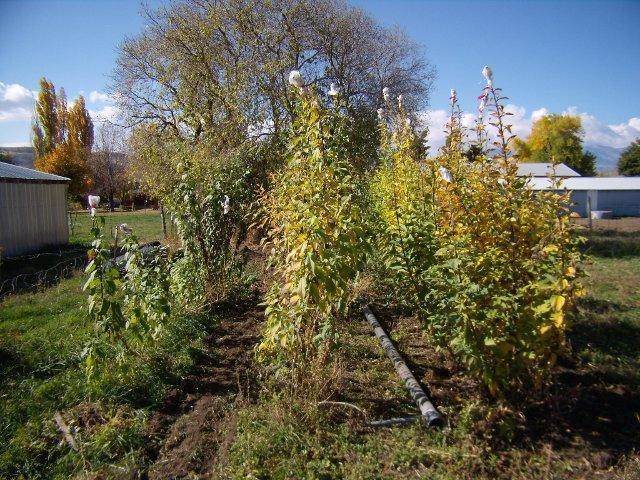
















Brenda
Bloom where you are planted.
http://restfultrailsfoodforestgarden.blogspot.com/








Idle dreamer












brice Moss wrote:
how do they tolerate heavier soils? I've got to much clay to easily grow potatoes so I'm looking for a substitute, and crowds out the weeds sounds perfect for me for a starch producing patch




Idle dreamer








Denninmi wrote:
Yup, organic ones will grow just fine. Just plant them, really any time you can work the soil. They don't hold well in storage, tend to mold and rot, so plant them pretty fast.




Brenda Groth wrote:
i have also read they grow well with groundnut vines which i have yet to try..




Brenda
Bloom where you are planted.
http://restfultrailsfoodforestgarden.blogspot.com/












"People may doubt what you say, but they will believe what you do."

 1
1





 1
1










Pecan Media: food forestry and forest garden ebooks
Now available: The Native Persimmon (centennial edition)












Casie Becker wrote:I'm actually pleased to hear they do well in buckets.
Casie Becker wrote:For your circumstance, have you tried starting the plants from seed to get several varieties to try at a time? Maybe a seedling would have the correct combination of genetics to thrive in your conditions. Right now I'm looking at a tiny packet of seeds and three tubers.
Pecan Media: food forestry and forest garden ebooks
Now available: The Native Persimmon (centennial edition)





|
This tiny ad will self destruct in five seconds.
Switching from electric heat to a rocket mass heater reduces your carbon footprint as much as parking 7 cars
http://woodheat.net
|

